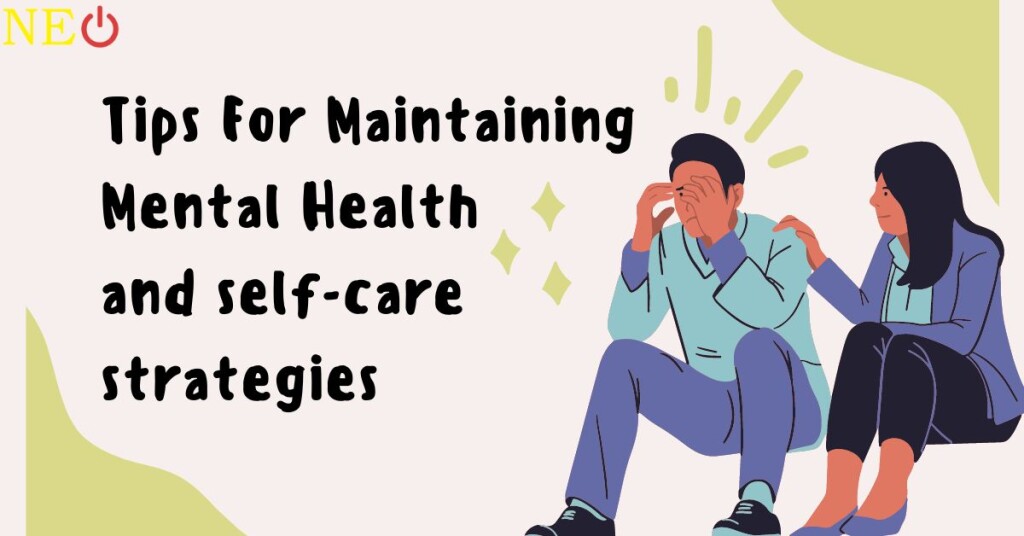In today's fast-paced world, putting mental health first is critical. As the importance of mental health becomes more widely recognized, it is critical that we equip ourselves with appropriate self-care practices. In this comprehensive book, we'll look at the importance of mental health awareness and offer practical recommendations for nurturing your mind, body, and spirit.
Why Mental Health Awareness Matters
Mental health has an impact on all part of our lives, including our relationships and work performance. However, stigma and misconceptions often surround this topic, discouraging people from getting treatment. By raising mental health awareness, we can break down barriers, normalize conversations, and encourage proactive efforts toward well-being.
Understanding Self-Care
Self-care comprises a variety of actions designed to improve our physical, emotional, and mental wellbeing. It is not selfish; rather, it is an essential component of achieving balance and resilience in our lives. Prioritizing self-care allows us to manage with stress more effectively, improve our general health, and nurture a higher feeling of fulfillment.
Effective Self-Care Strategies
- Mindfulness Meditation: Spend a few minutes each day practicing mindfulness meditation. Concentrate on your breathing and examine your thoughts without judgment. This exercise promotes present-moment mindfulness and alleviates stress.
- Regular Exercise: Participate in physical activities that you enjoy, such as yoga, jogging, or dancing. Endorphins, which are natural mood boosters, are released during exercise and can help alleviate anxiety and depression symptoms.
- Healthy Nutrition: Fuel your body with nutritious foods that promote brain health. Consume plenty of fruits, veggies, healthy grains, and lean proteins in your diet. Stay hydrated and limit your consumption of processed meals and sugary beverages.
- Prioritize quality sleep by sticking to a predictable sleep schedule and developing a soothing nighttime routine. Aim for 7-9 hours of sleep per night to improve cognitive performance, mood stability, and overall health.
- Connect and Support: Make meaningful ties with friends, family, and the community. Seek help when needed, and have open, honest conversations about your mental health. Social support is an effective defense against stress and adversity.
- Limit Screen Time: Set limits on your usage of electronic devices, particularly before bedtime. Excessive screen usage can disturb sleep patterns and increase feelings of worry and overwhelm. Instead, participate in activities that encourage relaxation and creativity.
- Practice Gratitude: Develop a grateful mindset by expressing thanks for the good things in your life on a regular basis. Keep a thankfulness notebook or simply spend a moment every day to reflect on what you're grateful for. Gratitude improves resilience and general well-being.
- Seek Professional Help: If you are experiencing persistent emotions of depression, anxiety, or other mental health issues, do not hesitate to seek professional help. Therapy, counseling, and psychiatric care can all give useful tools and resources for managing your mental health.
Prioritizing mental health awareness and self-care is not an option; it is a must. By adopting these tactics into your daily routine, you may build resilience, improve your general well-being, and thrive in all areas of life. Remember that you deserve to put your mental health first and take proactive actions toward a happier, healthier you.
Subscribe to our email and join our wellness community to learn more about mental health awareness and self-care practices. Let's harness the power of self-care and live a life of balance, health, and fulfillment.









